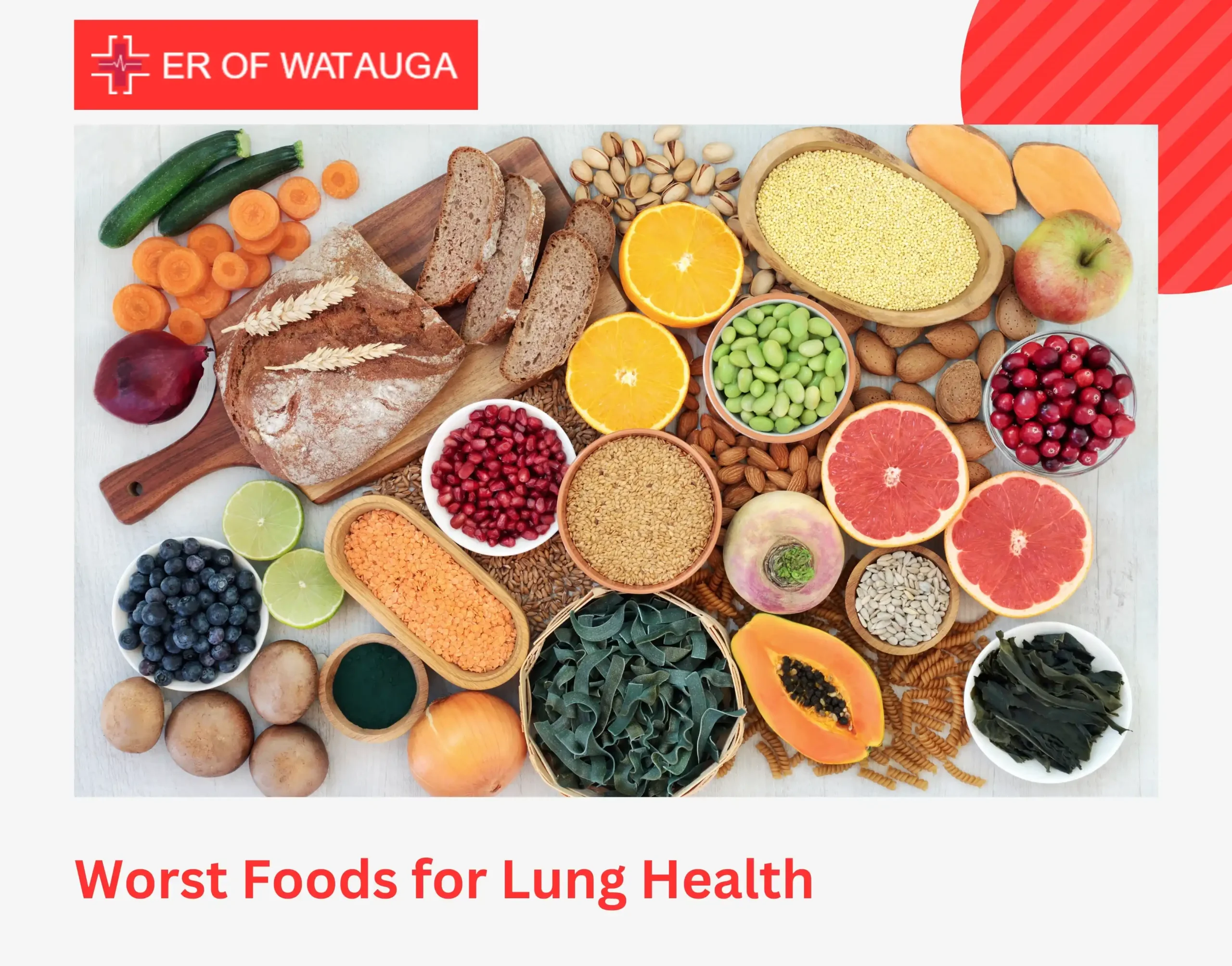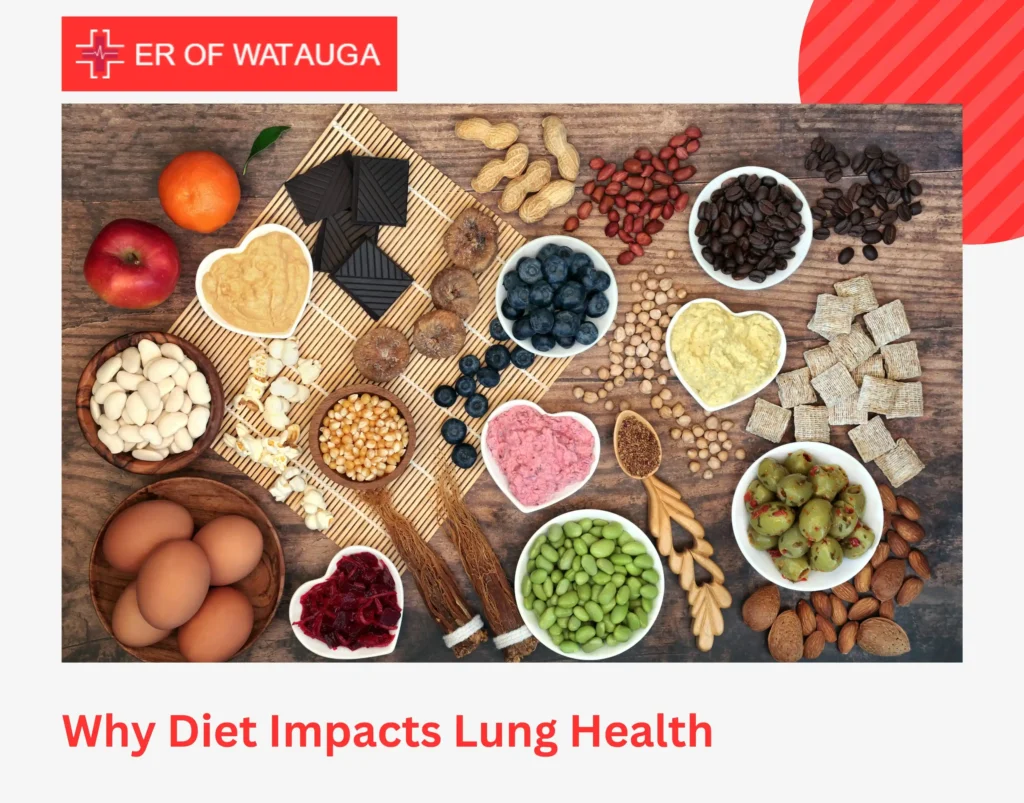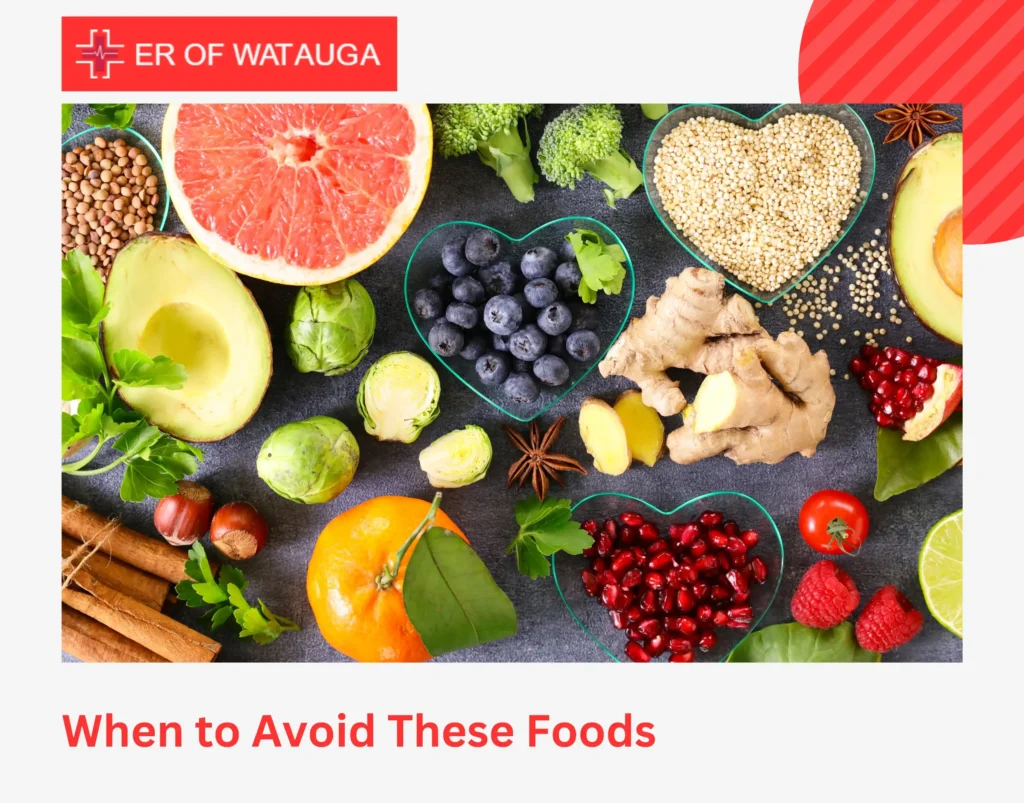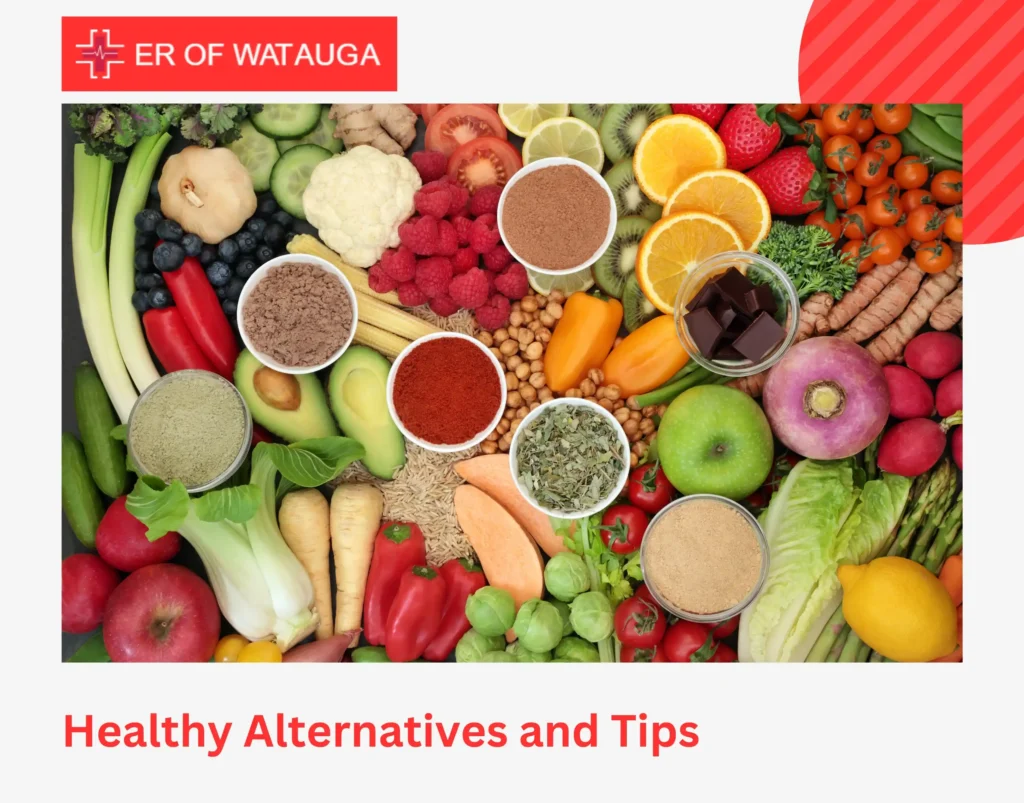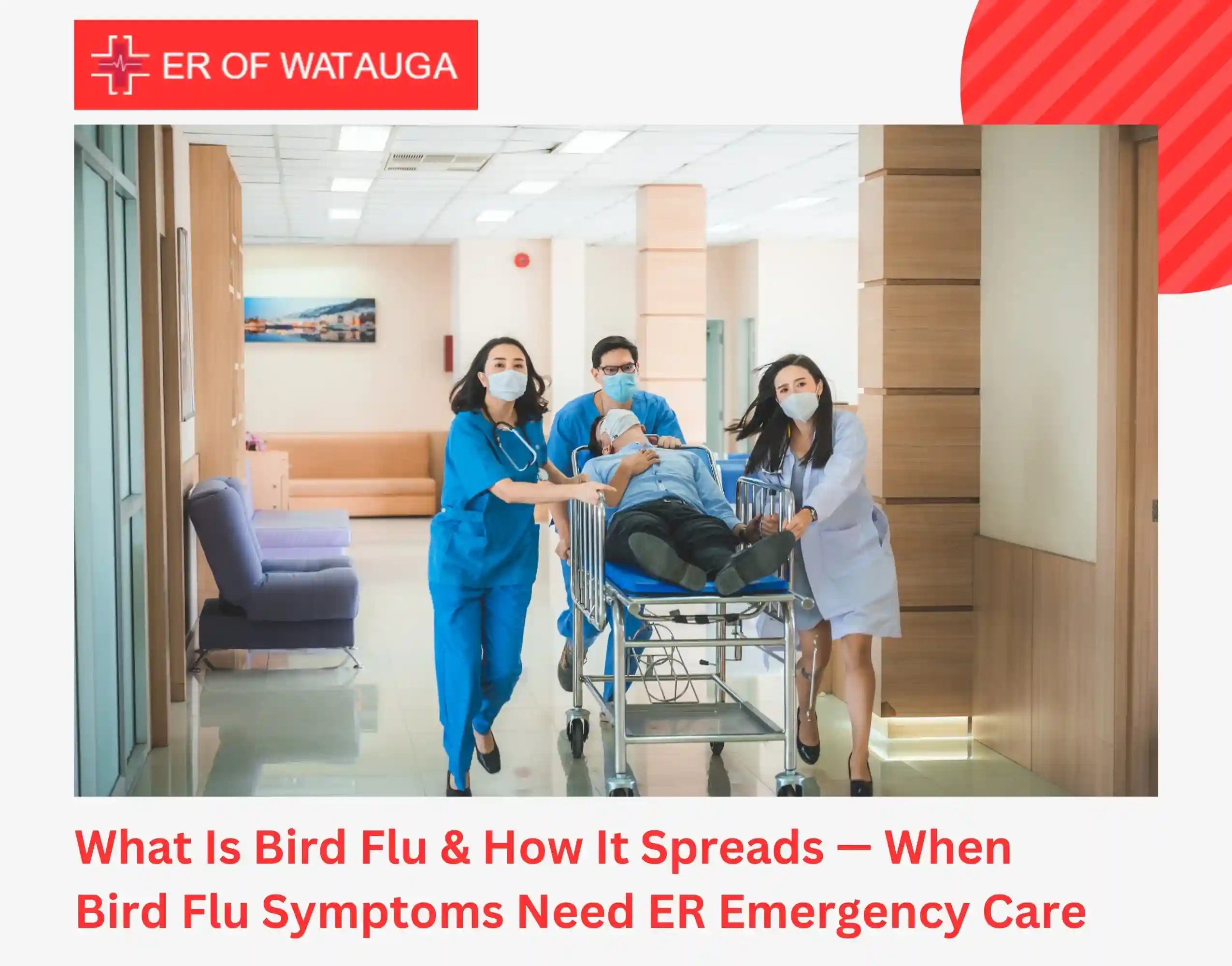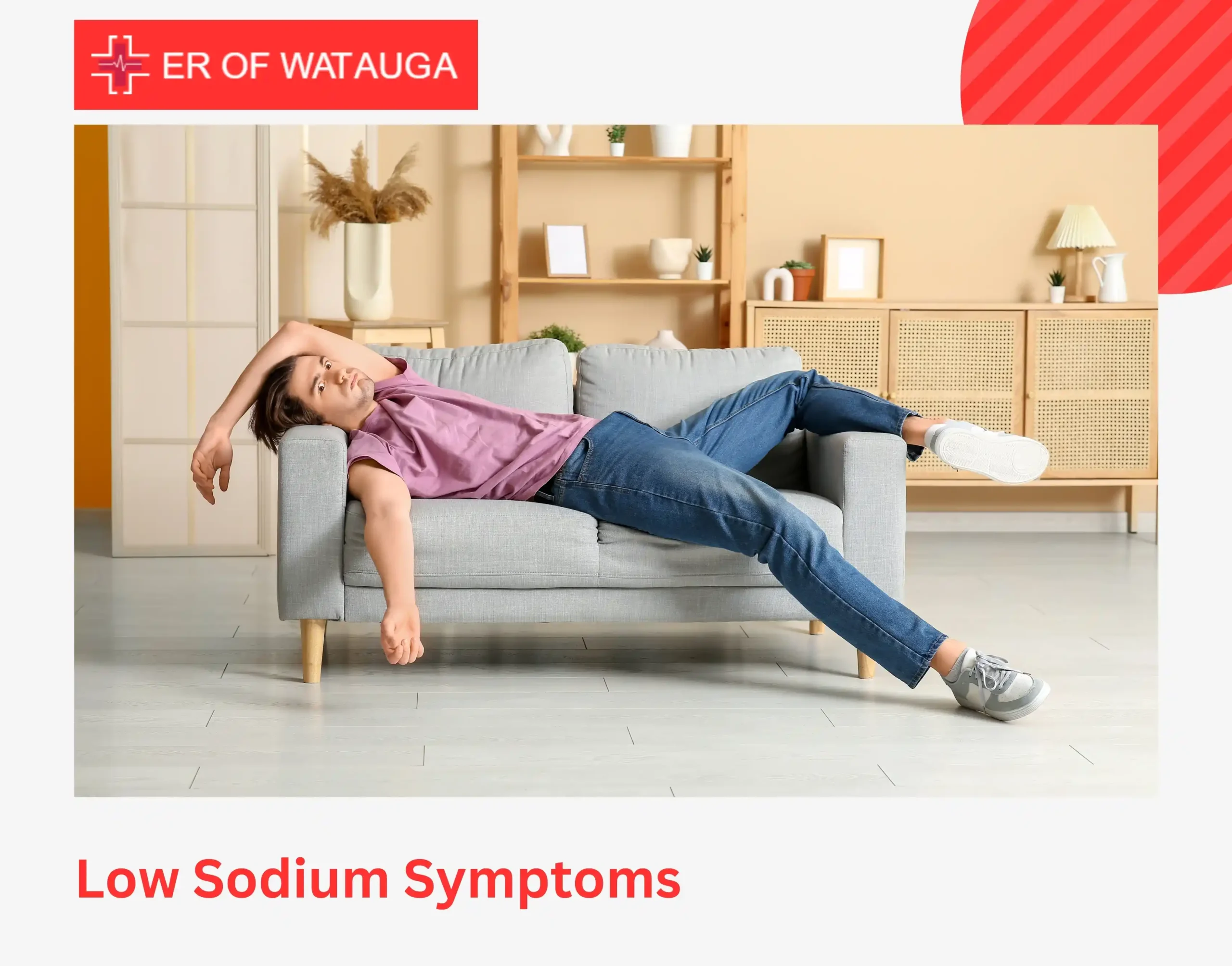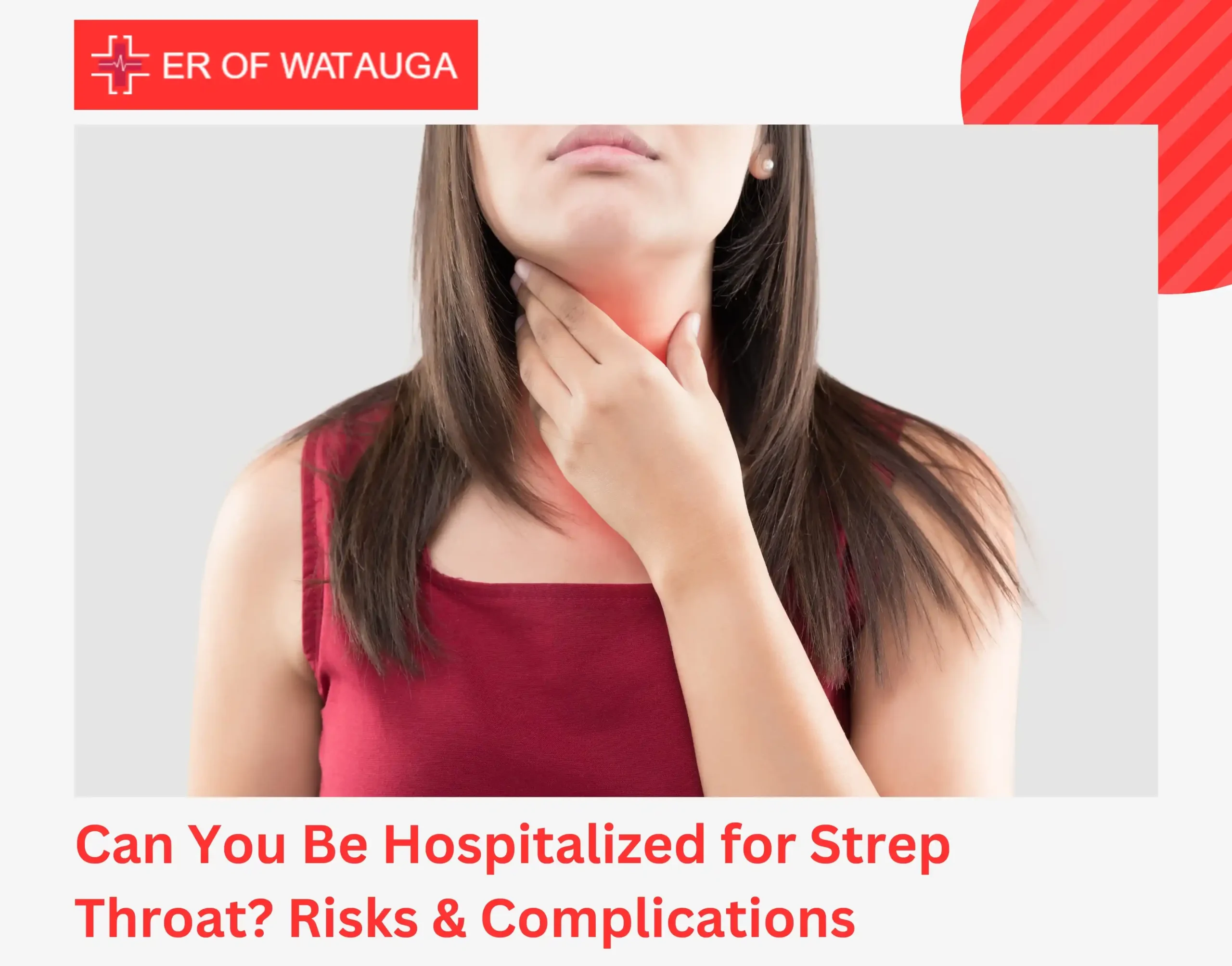Our lungs work hard every day to keep us breathing. What we eat can help or harm them. Some foods can make it harder for the lungs to function properly. They can cause inflammation, mucus, or breathing problems. Avoiding these foods can protect your lungs and make breathing easier. In this article, you will learn about the worst foods for lung health. Knowing which foods to avoid can help you keep your lungs strong and healthy. So, let’s see what to limit and what to replace. Start small and notice what triggers you, and then adjust accordingly.
Why Diet Impacts Lung Health
Some foods don’t just upset your stomach, they can also make breathing harder. Here’s why:
- Bloating puts pressure on your lungs
Gas-forming foods, such as beans, cabbage, or fizzy drinks, can cause your belly to swell. A bloated stomach presses on your diaphragm and leaves less room for your lungs to expand. - Too much salt means extra fluid
Salty snacks, canned soups, and processed foods can cause your body to retain water. This extra fluid makes you feel heavy and short of breath. - Reflux can irritate your airways
Greasy or late-night meals often trigger acid reflux. When acid moves upward, it can irritate your throat and airways, causing coughing or wheezing. - Additives may act as triggers
Some foods contain sulfites (like dried fruit, shrimp, or wine) that can set off asthma symptoms in sensitive people.
Worst Foods for Lung Health
Not all foods affect your lungs the same way. Some can add pressure, cause inflammation, or trigger symptoms like coughing, bloating, or shortness of breath. Below are everyday foods that may make breathing harder and are best to limit or avoid if you want to maintain healthy lungs.
1. Processed & Cured Meats
Bacon, hot dogs, sausages, and deli meats often contain nitrates and preservatives. Studies link these additives to inflammation and worsening lung function, especially in people with COPD. Regular intake may increase the risk of flare-ups and faster disease progression.
2. High-Sodium Foods
Canned soups, pickles, instant noodles, and salty snacks can cause the body to retain water. This extra fluid makes breathing more difficult and can exacerbate symptoms of lung disease. Doctors often recommend reducing salt intake to alleviate shortness of breath.
3. Fried & Greasy Foods
French fries, fried chicken, and other greasy meals can cause bloating and weight gain. They also have unhealthy fats. These fats can cause bloating and weight gain, making it more difficult to breathe and placing extra strain on your lungs.
4. Sugary Sodas & Ultra-Processed Snacks
Soft drinks, packaged desserts, and highly processed snacks may fuel inflammation in the body. New research suggests a possible link between ultra-processed foods and higher lung cancer risk, though more studies are needed. Therefore, limiting these foods is a safer choice.
5. Carbonated Drinks
Fizzy sodas and sparkling waters create gas and bloating. A swollen stomach presses against the diaphragm, thereby reducing the space available for the lungs to expand.
6. Dairy Products
Milk, cheese, and ice cream don’t affect everyone the same way. Some people believe they produce more mucus or experience heavier coughing after consuming dairy. If you notice this pattern, try a short break from dairy to see if symptoms improve.
7. Alcohol
Wine and beer often contain sulfites, which can trigger asthma symptoms in sensitive individuals. Alcohol may also interfere with some medications used for lung disease.
When to Avoid These Foods
Some individuals need to be particularly cautious about their diet to safeguard their lungs. You should avoid these foods if:
- You have lung diseases like asthma, COPD, emphysema, or lung cancer. These foods can exacerbate your symptoms.
- You have frequent coughing, wheezing, or trouble breathing. Avoiding harmful foods can lessen these problems.
- You feel bloated or short of breath after eating certain foods, such as fried or salty items.
- Your doctor or healthcare provider has advised you to follow a special diet that is beneficial for your lungs.
Even if you don’t have lung problems now, avoiding these foods can help keep your lungs healthy and strong. If you are unsure about your diet or lung health, consult a healthcare professional for guidance.
Healthy Alternatives and Tips
Eating the right foods can help keep your lungs healthy and function properly. Try to include plenty of:
- Fruits and Vegetables: Rich in vitamins and antioxidants that protect lung tissue.
- Whole Grains: Provide energy and support overall health.
- Lean Proteins: Help repair and build body tissues, including your lungs.
- Plenty of Water: Staying hydrated helps thin mucus and aids in clearing out irritants from your lungs.
Conclusion
Your diet plays a crucial role in maintaining the health of your lungs. Avoiding certain foods can reduce inflammation and ease breathing. Eating lung-friendly foods and staying hydrated helps your lungs work better, and following these tips can support better outcomes when visiting the ER.
Frequently Asked Questions
1. Do dairy products increase mucus?
Yes, some people feel more congested after having milk, cheese, or ice cream, while others notice no change. If you think dairy worsens your cough or mucus, try a short-term reduction and see if your symptoms improve.
2. Can processed foods cause lung cancer?
Current studies only show an association between high ultra-processed food intake and higher lung cancer risk. This does not prove direct cause. Still, limiting processed snacks, sugary drinks, and packaged foods is a smart step for overall health.
3. Can wine trigger asthma?
Yes, wine, beer, and some other alcoholic drinks contain sulfites. In sensitive individuals, sulfites can trigger asthma symptoms, including coughing and wheezing. If you notice a reaction, it’s best to avoid these drinks.
